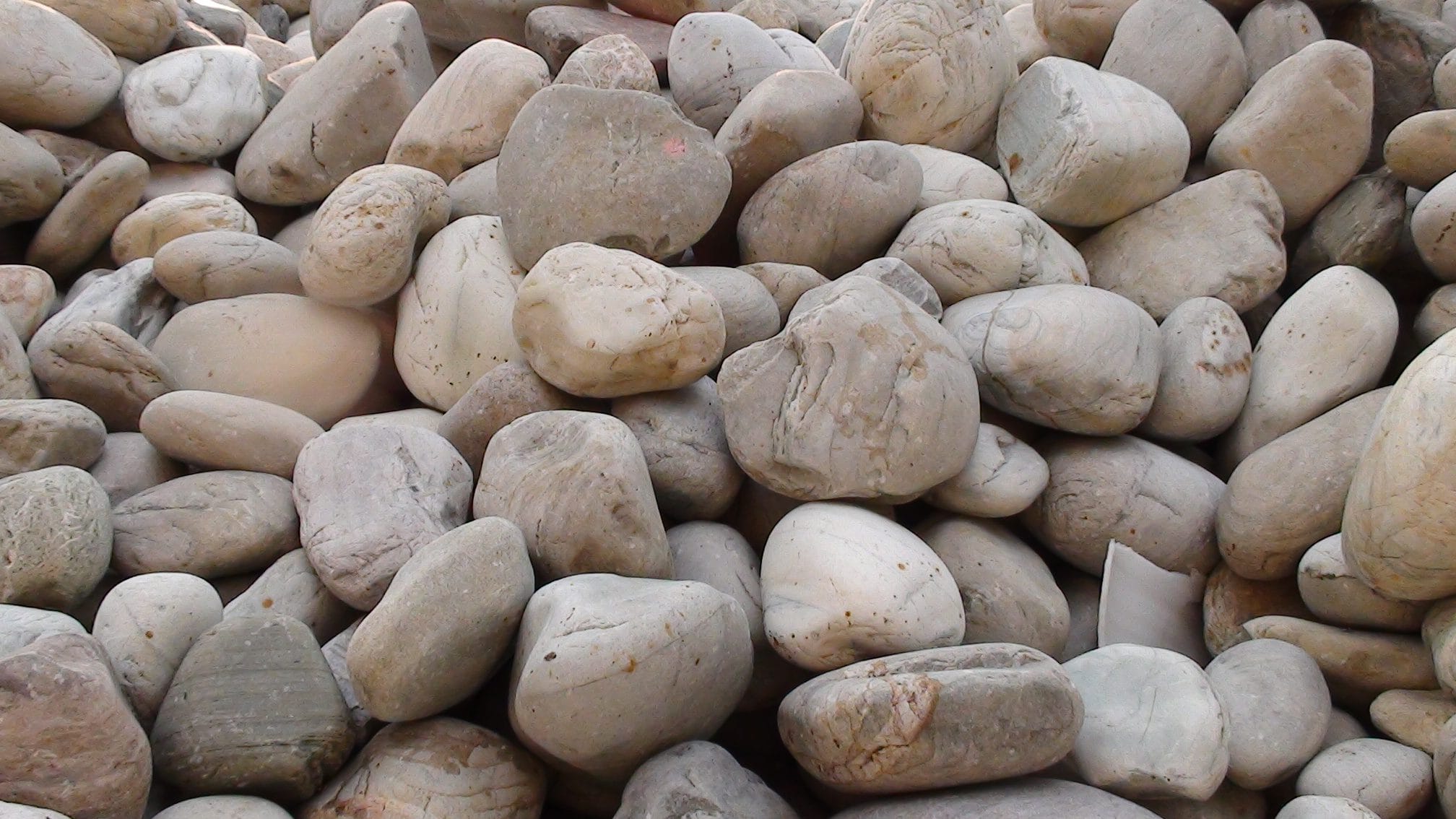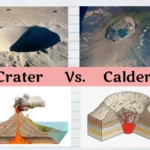Rocks, the silent guardians of Earth’s history, hold a captivating allure. More than just solid formations, they are intricate storytellers, whispering tales of volcanic fury, ancient seas, and the slow, steady march of time. Prepare to journey into the fascinating world of rocks, where we’ll unearth surprising facts and uncover the hidden wonders embedded in these geological marvels.
Fun Facts About Rocks
We often take them for granted, but rocks, the literal building blocks of our world, are brimming with secrets. Get ready to have your mind blown by these intriguing facts:
1. Some Rocks Can Float! Defying expectations, pumice, a volcanic rock, boasts a remarkable characteristic – it floats! Its porous structure, riddled with tiny air bubbles, gives it buoyancy, making it a natural rock-based life preserver.
2. They Can Glow in the Dark! Imagine rocks illuminating your path! Some rocks, like granite, contain minerals that emit a fluorescent glow when exposed to ultraviolet light, creating a natural light show.
3. Rocks are Masters of Disguise! Some rocks, such as sandstone, change color depending on their moisture content. When wet, they appear darker, as if trying to blend in with their surroundings.
4. You Can Eat Some Rocks (Seriously!) Before you start snacking on pebbles, it’s important to note that not all rocks are edible. However, softer rocks like chalk, composed of calcium carbonate, contain a substance found in some foods and supplements.
5. Rocks are Always Growing! While we often perceive rocks as static objects, some, like travertine, constantly evolve. They form as minerals precipitate from flowing water, slowly accumulating over time, much like a natural construction project in slow motion.
6. Rocks are Basically History Books! Sedimentary rocks are like time capsules, preserving layers of sediments, including fossils, that provide glimpses into Earth’s history. Scientists decipher these layers to understand past climates, ecosystems, and even catastrophic events.
7. Rocks Can Make Music! Quartz possesses a unique ability to resonate when struck, producing a clear, ringing sound. This property led ancient cultures to use “singing rocks” in rituals and early musical instruments.
8. Some Believe Rocks Have Healing Powers! Throughout history, various cultures have attributed healing properties to specific rocks. For example, shungite, a carbon-rich rock, is believed to possess healing properties in alternative medicine, although scientific research is ongoing.
9. Watch Out, Some Rocks are Radioactive! Certain rocks, such as uranium ore, contain radioactive minerals that emit radiation. While this might sound alarming, it’s a natural phenomenon used by scientists for various purposes, including dating rocks, understanding Earth’s interior, and even in medical treatments.
10. Rocks are the Ultimate Timekeepers! By analyzing radioactive decay within rocks, geologists can determine their age, revealing information about Earth’s history. This method, using “rock clocks,” has helped determine events like the formation of continents and the emergence of life.
The world of rocks is brimming with captivating facts! Next time you encounter a seemingly ordinary stone, take a moment to appreciate the wonders it holds.
What is a Fun Fact About Stones?
While we’ve explored fascinating aspects of rocks, did you know that some rocks exhibit magnetic properties? These rocks, known as lodestones, contain a mineral called magnetite, which aligns with Earth’s magnetic field, causing the rock to act as a natural magnet. Interestingly, lodestones were used as compasses in ancient times.
What are Three Rock Facts?
Here are three more mind-blowing rock facts:
- Rocks can be lighter than you think: Pumice, a volcanic rock, is incredibly lightweight due to its porous structure, allowing it to float on water.
- Rocks can be slow-motion architects: Travertine and stalactites grow over time as minerals precipitate from water, creating stunning formations in caves and hot springs.
- Rocks are time travelers with amazing stories: Sedimentary rocks preserve layers of sediments, including fossils, offering glimpses into Earth’s past, including ancient life forms and environments.
What is Special About Rocks?
Rocks are special because they offer a tangible connection to Earth’s history and the forces that have shaped our planet. Their diverse colors, textures, and compositions reflect their varied origins – from volcanic eruptions to ancient seabeds.
Rocks serve as:
- Geological Timekeepers: Their layers preserve a chronological record of geological events.
- Building Blocks of Earth: They form the foundation of our planet’s structure.
- Mineral Treasures: They contain valuable minerals used in various industries.
- Construction Materials: Their strength and durability have made them essential for building.
- Aesthetic Inspiration: Their beauty inspires artists and designers.
Furthermore:
- Rocks contribute to climate regulation by storing carbon dioxide.
- Granite, a type of rock, is renowned for its strength and is often used in construction.
- Sedimentary rocks provide valuable insights into past life and environments through fossils.
- Some people believe that gemstones, such as amethyst and rose quartz, have healing properties, although scientific evidence is limited.
- Throughout history, rocks have served as canvases for art, from ancient petroglyphs to modern sculptures.
Did you know that minerals are found everywhere on Earth, even in your own body? To learn more fascinating facts, head over to our page on fun facts about minerals.
How Old is Most Rocks?
Determining the age of rocks is a complex endeavor. The age can vary drastically depending on the rock’s origin and formation process.
- Igneous rocks form from cooled and solidified magma or lava.
- Sedimentary rocks form over time as layers of sediment compact and solidify.
- Metamorphic rocks are existing rocks transformed by heat and pressure.
The oldest known rocks on Earth, discovered by geologists, are estimated to be around 3.8 billion years old. These ancient formations provide invaluable insights into the early Earth. Scientists are constantly searching for even older rocks to unlock more secrets of our planet’s history.
- China II Review: Delicious Food & Speedy Service - April 17, 2025
- Understand Virginia’s Flag: History & Debate - April 17, 2025
- Explore Long Island’s Map: Unique Regions & Insights - April 17, 2025
















